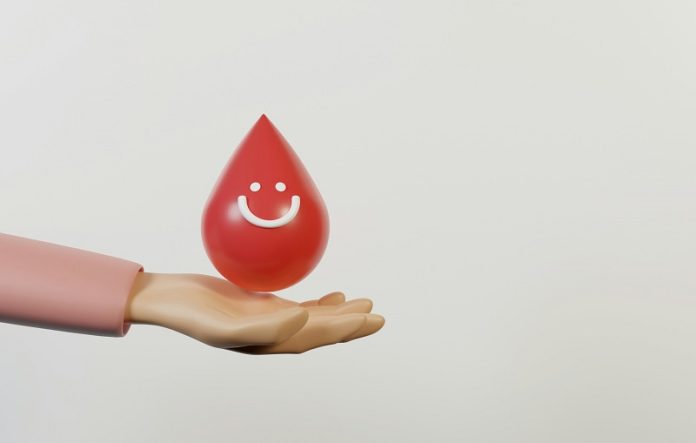
Chronic anemia can leave you feeling tired, weak, and unable to concentrate. It happens when your body doesn’t have enough healthy red blood cells to carry oxygen to your tissues.
One of the most common causes of anemia is a lack of iron, an essential mineral that your body needs to produce hemoglobin, the protein in red blood cells that binds to oxygen.
The good news is that you can prevent chronic anemia by including iron-rich foods in your diet. Let’s explore how this works and why it’s so important for your health.
Iron comes in two forms: heme iron and non-heme iron. Heme iron is found in animal-based foods like red meat, poultry, and fish, and it’s easier for your body to absorb.
Non-heme iron, found in plant-based foods like beans, lentils, spinach, and fortified cereals, is also beneficial but is absorbed less efficiently. Research shows that eating a variety of iron-rich foods from both sources is the best way to maintain healthy iron levels.
Studies have shown that people who eat diets rich in iron have a lower risk of developing anemia.
For example, a large review published in the journal Nutrients found that diets containing iron-rich animal products significantly reduce the risk of iron deficiency, especially in people with higher needs, like pregnant women or athletes.
Vegetarians and vegans can prevent anemia too, but they may need to eat more non-heme iron or pair it with vitamin C to boost absorption.
Vitamin C is a key player in improving the body’s ability to absorb non-heme iron. Citrus fruits, tomatoes, bell peppers, and strawberries are excellent sources of vitamin C. Eating these foods alongside iron-rich meals can make a big difference.
For instance, squeezing lemon juice over spinach or having a glass of orange juice with a meal helps your body get more iron out of the food.
Iron needs vary depending on age, gender, and life stage. Women of childbearing age, for instance, are at higher risk of anemia due to blood loss during menstruation.
During pregnancy, iron needs increase significantly because the body needs extra iron to support the growing baby. In these cases, eating iron-rich foods like lean red meat, eggs, tofu, and fortified cereals is especially important.
For children, iron is essential for growth and brain development. Research has found that children with low iron levels may experience delayed cognitive and motor development.
To prevent this, it’s important to include iron-rich foods like beans, fortified cereals, and lean meats in their diets.
People who struggle with anemia often find that adding more iron to their diet has noticeable benefits. They report feeling less fatigued, having more energy, and experiencing improved concentration.
However, it’s not just about how much iron you eat; how you prepare your food also matters. For example, cooking in cast iron pans can add a small amount of iron to your meals, especially when preparing acidic foods like tomato sauce.
Some foods and drinks can block iron absorption, so it’s worth being mindful of them. Tea, coffee, and foods high in calcium can interfere with iron uptake when consumed with meals. If you love your morning tea or coffee, try to drink it between meals rather than during.
Preventing chronic anemia through diet is not only effective but also an enjoyable way to improve your overall health.
Eating a variety of iron-rich foods, pairing them with vitamin C, and being mindful of blockers can help keep your energy levels high and your body strong. By making these small but impactful changes, you can prevent anemia and enjoy a healthier, more vibrant life.
If you care about nutrition, please read studies about how Mediterranean diet could protect your brain health, and this plant nutrient could help reduce high blood pressure.
For more information about nutrition, please see recent studies that olive oil may help you live longer, and vitamin D could help lower the risk of autoimmune diseases.
Copyright © 2024 Knowridge Science Report. All rights reserved.



